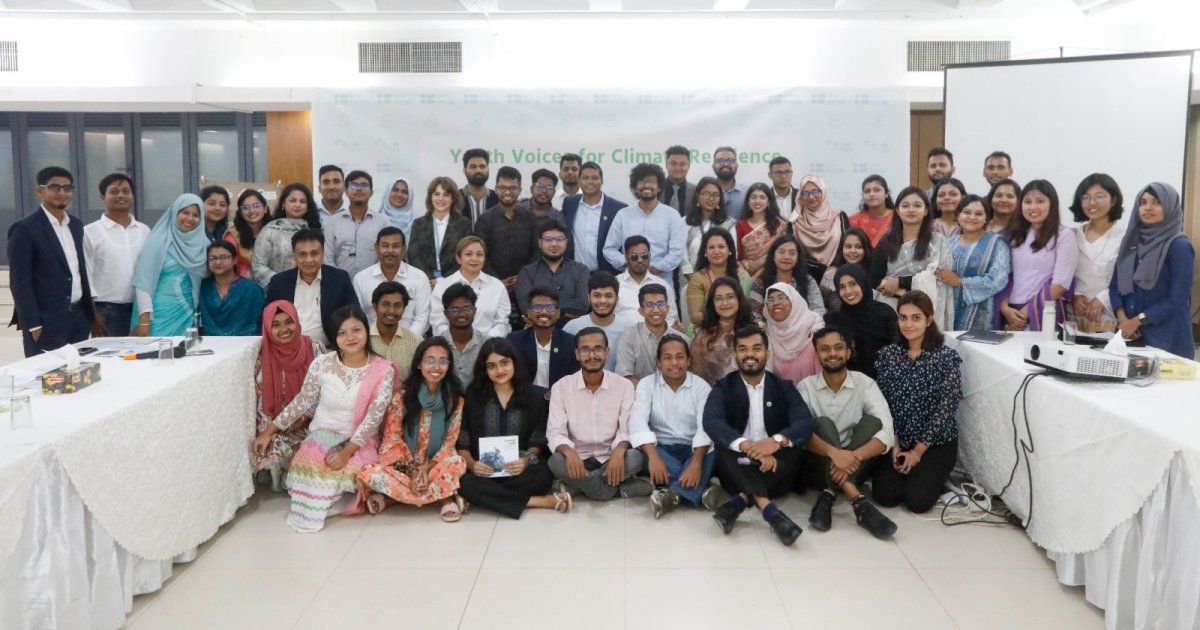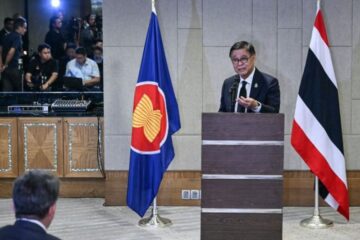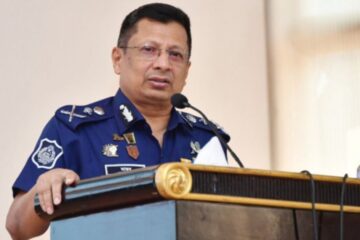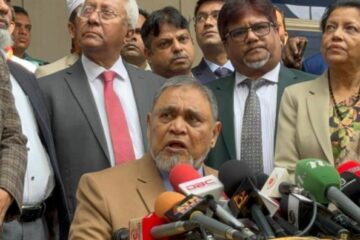Empowering young people is vital to building climate resilience in Bangladesh, said speakers at a high-level policy dialogue held Sunday at Independent University, Bangladesh (IUB).
Experts from government, academia, and development agencies emphasized that locally led adaptation and youth-driven governance are essential to creating a fair and sustainable future.
The event, titled “Youth Voice for Climate Resilience,” spotlighted the critical role of youth in shaping inclusive climate policies and advancing community-based solutions.
Organized under the CAP-RES Youth Fellowship Programme by the International Centre for Climate Change and Development (ICCCAD), the event brought together youth climate advocates, government officials, and development partners to exchange ideas and strategies for inclusive, community-driven climate action.
Delivering the opening remarks, ICCCAD Director Dr Hafizur Rahman praised the energy and commitment of youth participants.
“This is not just a seminar or workshop; it is a call to action,” he said.
“Bangladesh has become a leader in climate advocacy, and much of that credit goes to you—the young changemakers.”
Representing the Ministry of Disaster Management and Relief, Deputy Secretary Sanzida Yesmin highlighted the wide-ranging social impacts of climate change, including salinity intrusion and its effects on reproductive health.
She called for youth-led awareness campaigns and stronger collaboration between local administrations and community groups.
“Resilience begins at home, with informed communities,” she said.
From the Economic Relations Division (ERD), Deputy Secretary Shah Abdul Saadi addressed the economic dimensions of climate adaptation.
He emphasized the need for a just transition and greater domestic resource mobilization.
“We cannot depend solely on international funding. Ministries must align and use local revenue to support adaptation,” he said, citing the LoGIC Project’s success in 300 unions and calling for its expansion across the country with youth at the center.
Concluding the session, Nayoka Martinez-Bäckström, first secretary and deputy head of development cooperation at the Embassy of Sweden, underscored the importance of connection, learning, and local leadership.
“Not every youth needs to go to COP; the real work is happening here in Bangladesh,” she said, commending the CAP-RES Youth Fellowship as a flagship initiative in Sweden’s partnership with ICCCAD.
The dialogue reaffirmed that Bangladesh’s path to climate resilience depends on empowering its youth—transforming awareness into action and fostering leadership that bridges communities, policy, and global cooperation.



